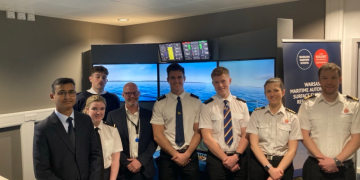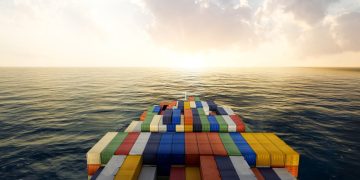The rocky road to e-navigation
In addition to advantages, the use of ECDIS is accompanied by potential pitfalls Nobody could ever deny that electronics have provided a huge boon to the shipping industry and its safety. The comforting ability to employ satellites to provide accurate positions, regardless of weather conditions or the distance from land makes shipping more precise and far safer than it was, when a landfall after an ocean passage with no celestial observations was fraught with doubts about the accuracy of the dead reckoning.The arrival of the electronic chart display system (ECDIS) is but the latest stage in this progression, and those who have spent hours correcting their world folios by hand are grateful for the transition. At the same time, just as every technological advance has provided misunderstandings in addition to advantages, the use of ECDIS is accompanied by snares and potential pitfalls for the unwary (and untrained).Just as the "radar assisted" collisions demonstrated the importance of proper theoretical and practical training in the use of the new device, and every advance from ship to ship VHF communication to AIS has seen its share of accidents contributed to by improper use of the equipment, so a number of accidents have shown ...
Read more



















































